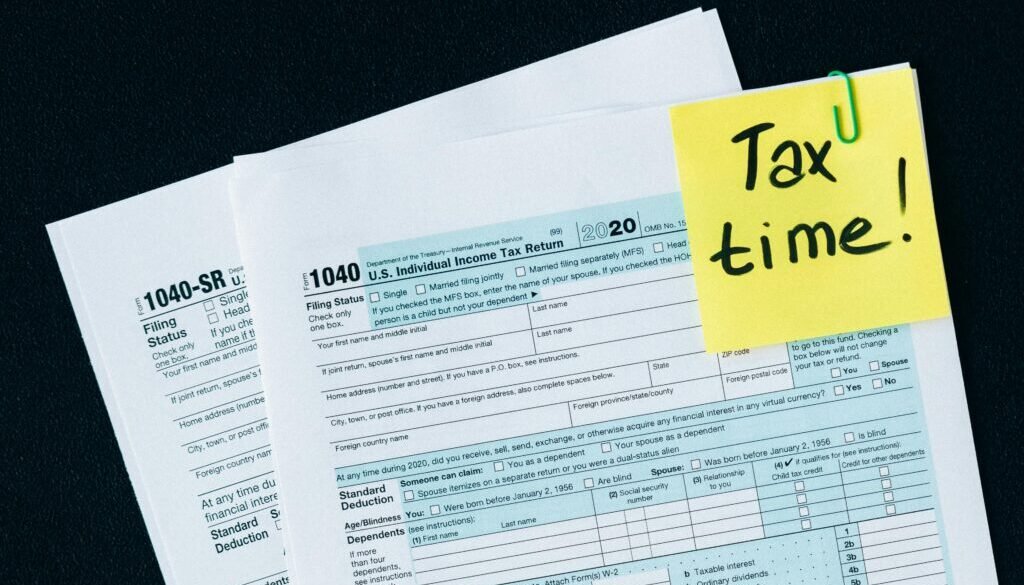Essential Tax Tips for Immigrants: Navigating the U.S. Tax System
The U.S. tax system can be complex and intimidating, especially for new immigrants. Understanding how to navigate it is crucial for fulfilling your tax obligations and maximizing your potential refunds and credits. This blog provides essential tax tips for immigrants, helping you manage your tax responsibilities efficiently and avoid common pitfalls.
1. Determine Your Tax Residency Status
Your tax residency status determines how you will be taxed in the U.S. The IRS classifies individuals as resident aliens, nonresident aliens, or dual-status aliens.
Resident Alien
You are considered a resident alien if you meet the green card test or the substantial presence test. Resident aliens are taxed on their worldwide income, similar to U.S. citizens.
Nonresident Alien
Nonresident aliens are taxed only on their U.S.-sourced income. If you don’t meet the criteria for a resident alien, you will file as a nonresident alien.
Dual-Status Alien
If you were a resident alien for part of the year and a nonresident alien for the other part, you will be classified as a dual-status alien. Your tax obligations will differ based on the part of the year you spent in each status.
2. Obtain a Social Security Number (SSN) or Individual Taxpayer Identification Number (ITIN)
To file a tax return, you need either an SSN or an ITIN.
Social Security Number (SSN)
If you are authorized to work in the U.S., you can apply for an SSN through the Social Security Administration.
Individual Taxpayer Identification Number (ITIN)
If you are not eligible for an SSN, you can apply for an ITIN using Form W-7. This number is used for tax purposes only.
3. Understand the Tax Forms You Need
The form you use depends on your tax residency status.
Resident Aliens
File Form 1040, U.S. Individual Income Tax Return.
Nonresident Aliens
File Form 1040-NR, U.S. Nonresident Alien Income Tax Return.
Dual-Status Aliens
You may need to file both Form 1040 and Form 1040-NR, along with a statement detailing your dual status.
4. Report All Income
Types of Income
You must report all income received during the tax year, including wages, salaries, tips, self-employment income, and investment income. Some types of income, such as certain scholarships and fellowships, may be tax-exempt.
Forms W-2 and 1099
Your employer will provide a Form W-2, which reports your earnings and taxes withheld. If you are an independent contractor or receive other types of income, you may receive a Form 1099.
5. Take Advantage of Deductions and Credits
Standard Deduction vs. Itemized Deductions
You can reduce your taxable income by taking either the standard deduction or itemizing your deductions. Itemized deductions can include expenses such as mortgage interest, property taxes, medical expenses, and charitable contributions.
Tax Credits
Tax credits directly reduce your tax liability and can be more beneficial than deductions. Common tax credits include:
- Earned Income Tax Credit (EITC)
- Child Tax Credit
- Education Credits (American Opportunity Credit and Lifetime Learning Credit)
6. Utilize Tax Preparation Services
Consider using tax preparation services or software to help you file your taxes accurately. Services like TurboTax, H&R Block, and TaxAct can guide you through the process and ensure you claim all eligible deductions and credits.
7. Meet Filing Deadlines
Federal Tax Deadline
The deadline for filing your federal tax return is April 15th. If you need more time, you can request an extension using Form 4868, which gives you until October 15th to file your return. However, any taxes owed must still be paid by April 15th to avoid penalties and interest.
State Tax Deadlines
State tax deadlines may differ from the federal deadline. Check with your state’s tax agency for specific deadlines.
8. Pay Any Taxes Owed
If you owe taxes, there are several payment options available:
- Electronic Payment: Pay online through the IRS website using Direct Pay, a debit or credit card, or the Electronic Federal Tax Payment System (EFTPS).
- Check or Money Order: Mail your payment with your tax return or payment voucher.
9. Keep Accurate Records
Keep copies of your tax return and all supporting documents for at least three years. This includes your W-2s, 1099s, receipts for deductions, and any other relevant documents. Good record-keeping is essential in case of an audit or if you need to amend a return.
10. Seek Professional Assistance When Needed
For complex tax situations, consider seeking help from a certified public accountant (CPA) or an enrolled agent (EA). These professionals can provide personalized advice and ensure your tax return is accurate.
Conclusion
Navigating the U.S. tax system as a new immigrant can be challenging, but understanding the basics and following these essential tips can help you manage your tax responsibilities effectively. Determine your tax residency status, obtain the necessary identification numbers, report all income, take advantage of deductions and credits, and seek professional help when needed. By staying informed and organized, you can fulfill your tax obligations and maximize your financial benefits.




